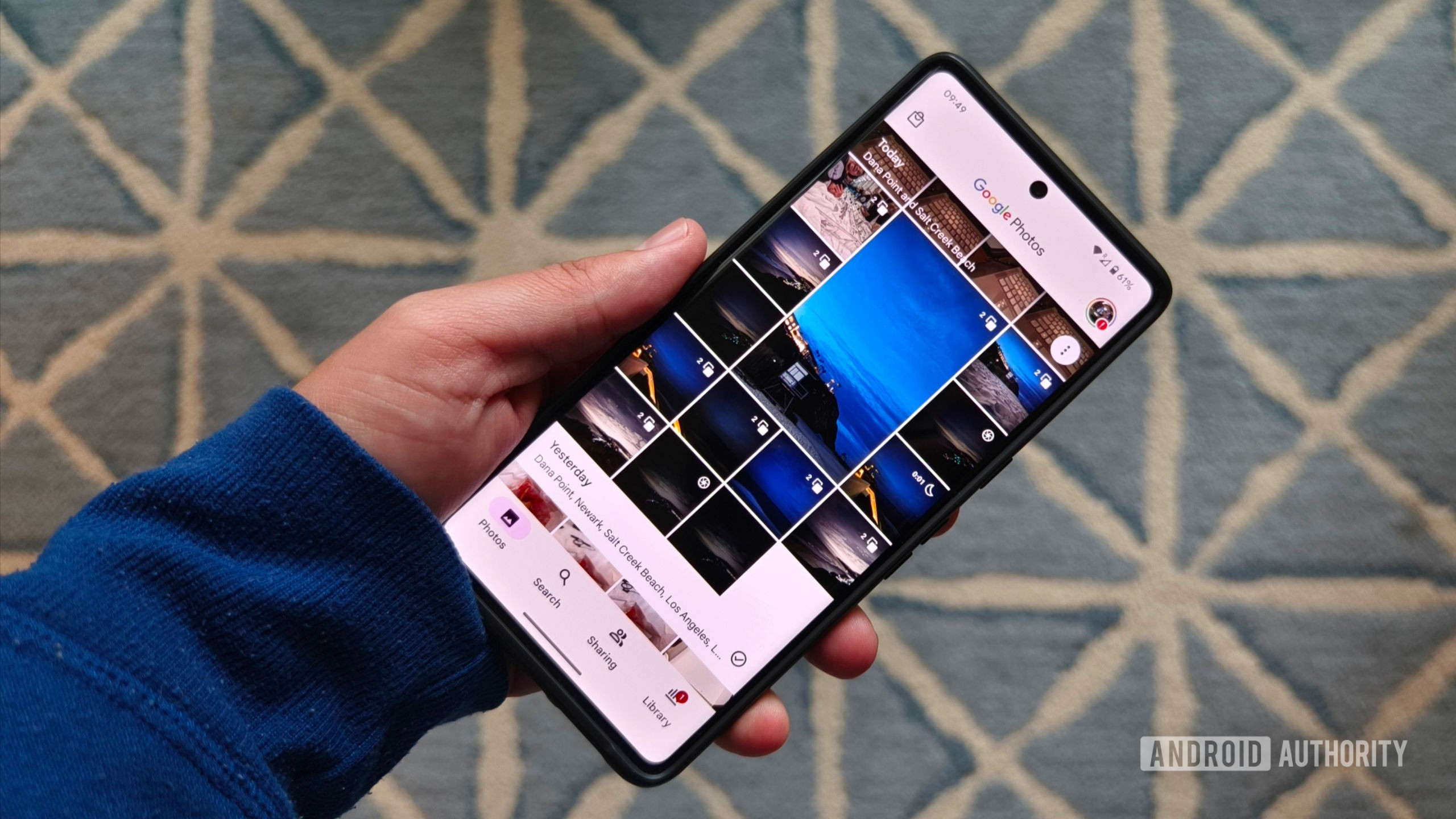
Hadlee Simons / Android Authority
Photo storage is hugely important to everyone, but it’s not something we actively think about. For Android smartphone users, it’s largely thanks to Google Photos, which has made the background saving of our smartphone shots as seamless as capturing them. Don’t get me wrong; Photos has flaws. This is especially true for those with terabytes of images, privacy concerns, or are on the de-Google bandwagon, but is there a viable Google Photos alternative?
I’m not so sure that there is. I dipped in and out of this topic several times over the years, but more recently, I’ve taken a keen interest in seeing which options are available to consumers and which ultimately make sense for my needs. Here are my findings.
What should a Google Photos alternative offer?
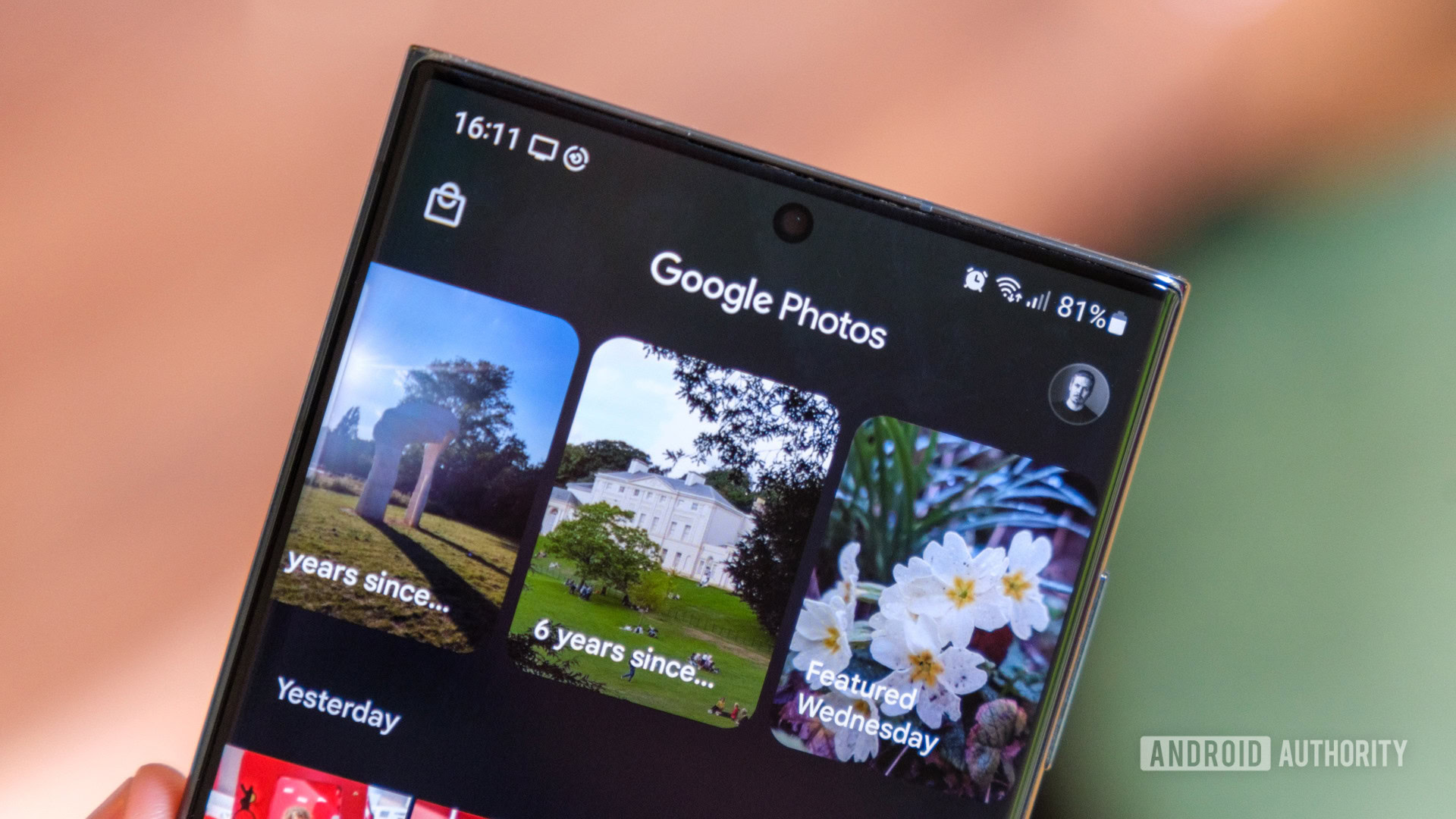
Robert Triggs / Android Authority
Google Photos is more than just one app. It’s the culmination of many features, processes, and serverside support wrapped in a usable UI cocoon. However, I must reduce it to its constituent parts to determine what exactly I consider a Google Photos alternative. That said, an alternative should at least:
- Offer cloud storage or off-device storage
- Include a seamless background photo sync feature from my phone to whichever storage system it employs
- Offer an Android app or a way to access these photos on or from my phone
Photos offers much more than this brief list, but these three points underlie its base experience. If a service doesn’t tick these boxes, it isn’t worth using over Google’s existing product.
Which Google Photos alternatives are out there?
So, let’s get into the contenders. In theory, Google Photos is not alone in the image backup world. Here are some services and solutions I tested or considered on my journey to find a viable alternative.
Amazon Photos
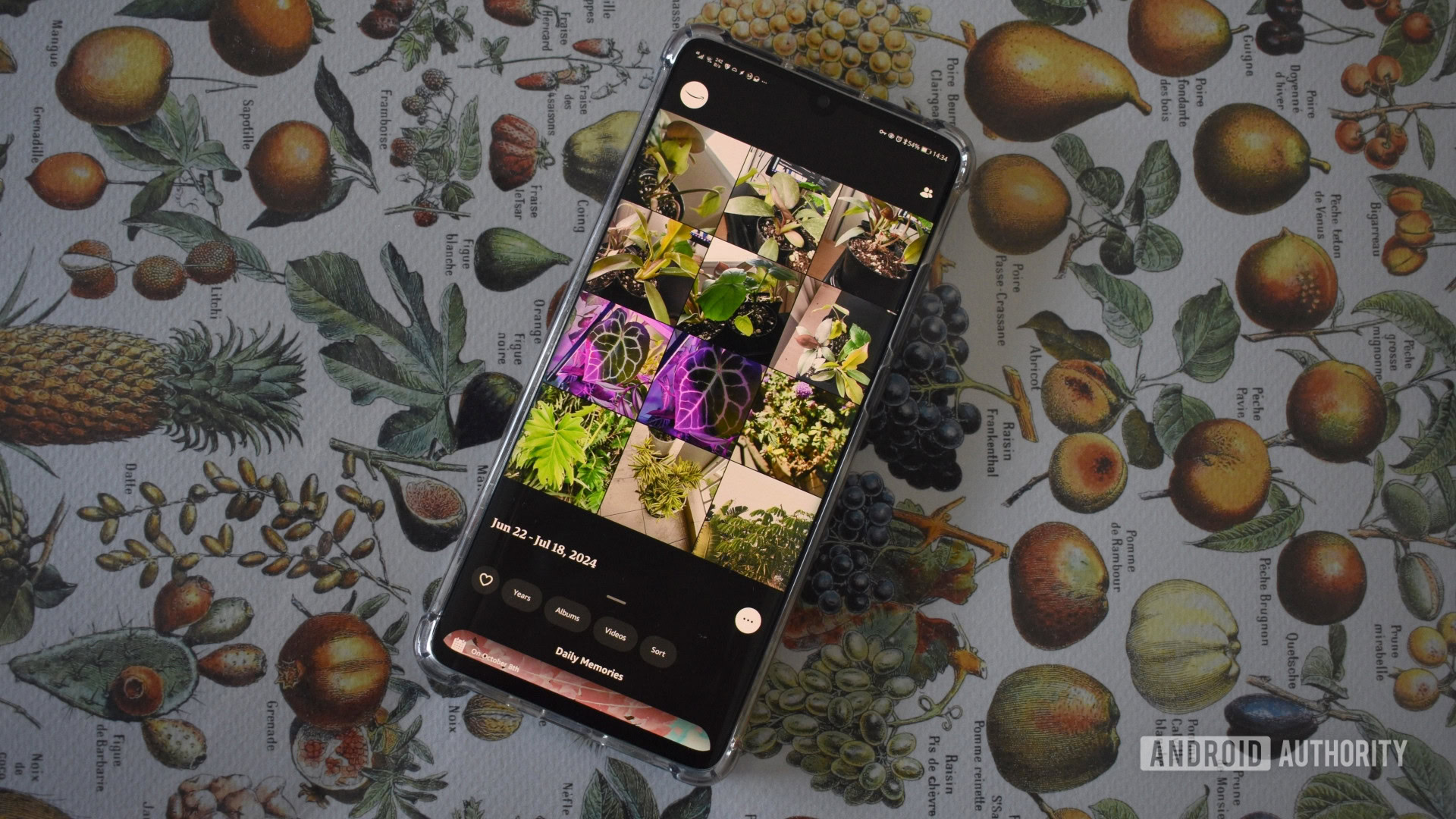
Andy Walker / Android Authority
Amazon Photos perhaps comes closest to knocking Google Photos off its perch. It’s especially great if you already have a Prime subscription, and I’ll detail why in a moment.
The app is readily available for Android and offers a sensible, swift UI without clutter. Like its Google equivalent, Amazon Photos allows automatic background photo sync with Amazon’s servers and includes a rich search feature that filters for image capture date, upload date, favorites, video, and more.
If I were to recommend any Google Photos alternative, Amazon Photos would be the one.
Tapping on an image doesn’t offer many additional tools. There is a broad editing palette, but you won’t find any Gemini-powered smarts like Magic Editor, Magic Eraser, or Photo Unblur. Amazon does provide an option to order prints and allows users to build albums that can be shared with others through the platform.
Amazon Photos offers 5GB of free storage to all Amazon customers — that’s a total figure allowed for photos and videos. Prime members get unlimited full-resolution image storage, with a 5GB cap for videos. That’s hugely generous, but I can’t make full use of it. The company doesn’t yet offer a Prime subscription in my country. Additionally, those who feel insecure about hosting their data on Google’s servers may think twice about offering them to Amazon.
Nevertheless, Amazon Photos is excellent and the best Google Photos alternative for Prime subscribers.
Flickr
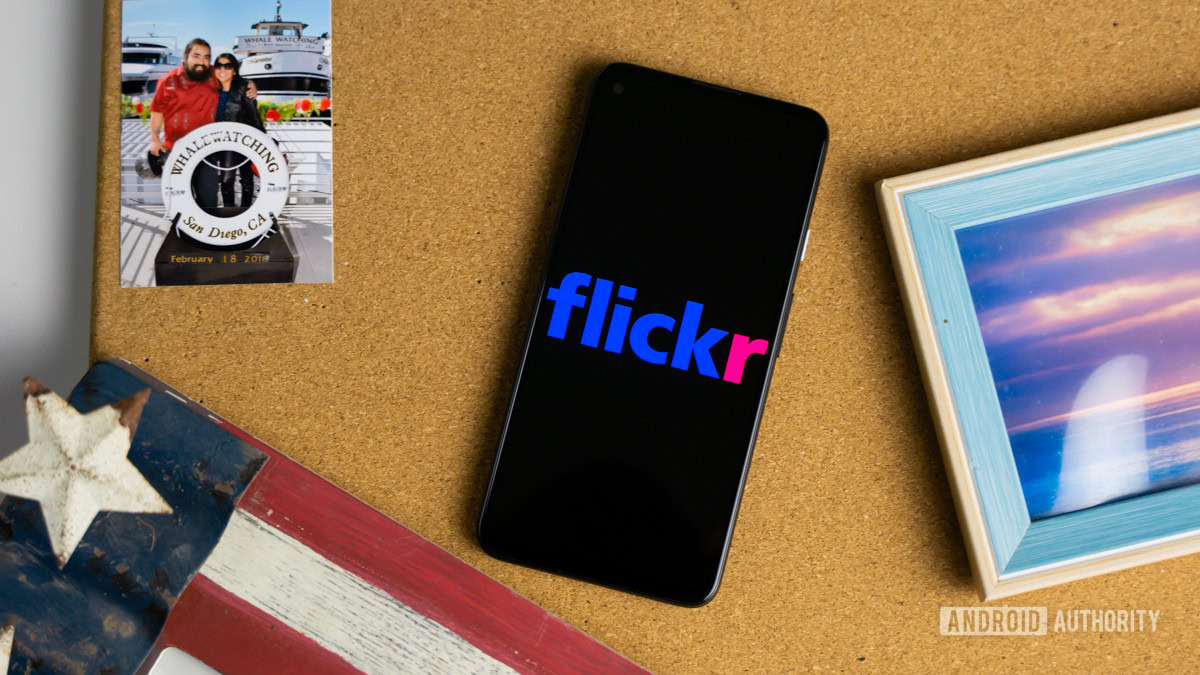
Edgar Cervantes / Android Authority
Flickr is another Google Photos alternative that I briefly considered, but I was ultimately disappointed by its storage offerings, awkward app, and constant login issues.
Its free account holders get storage for up to 1,000 photos, while Pro subscribers get unlimited storage. Flickr Pro makes all the sense in the world for career photographers who want to manage and advertise their digital portfolios. However, Pro is taking a sledgehammer to a box nail for those who only need to store their daily images for safekeeping.
For those who only need to store images for safekeeping, Flickr Pro is taking a sledgehammer to a box nail.
Pro is also comparatively expensive at $9.49/month, while the free Flickr offering isn’t generous enough for most users. As a result, I don’t think it’s worthwhile for everyday smartphone shutterbugs.
A standalone cloud storage service
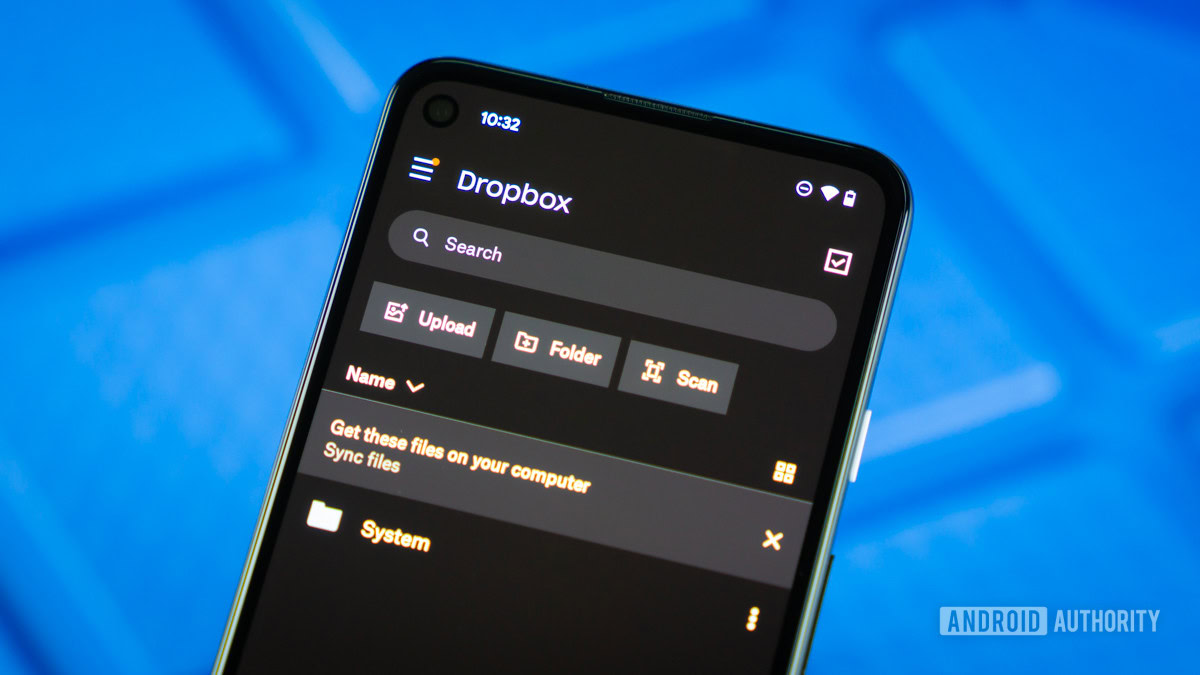
Edgar Cervantes / Android Authority
This is where I delve into more utilitarian solutions. Paying for a strict photo storage service hinders your ability to use that storage in various ways. Cloud storage platforms let you store any files in any way you choose, making them more practical to fork dollars into monthly.
However, as they’re not purely focused on photo backups, they lack the automatic syncing features that Amazon Photos and Google Photos provide. You’ll need to get a little hands on to set up a syncing system or remember to copy files manually. Knowing how easily I forget my tech chores, that idea terrifies me.
I considered OneDrive, Box, and Dropbox potential candidates, but neither platform makes sense as a long-term photo storage solution. They make splendid places to store backups of backups — perhaps of your most cherished photos — but the lack of true photo organization tools for 11,000+ photos would be a total nightmare.
Syncthing (and your own PC)
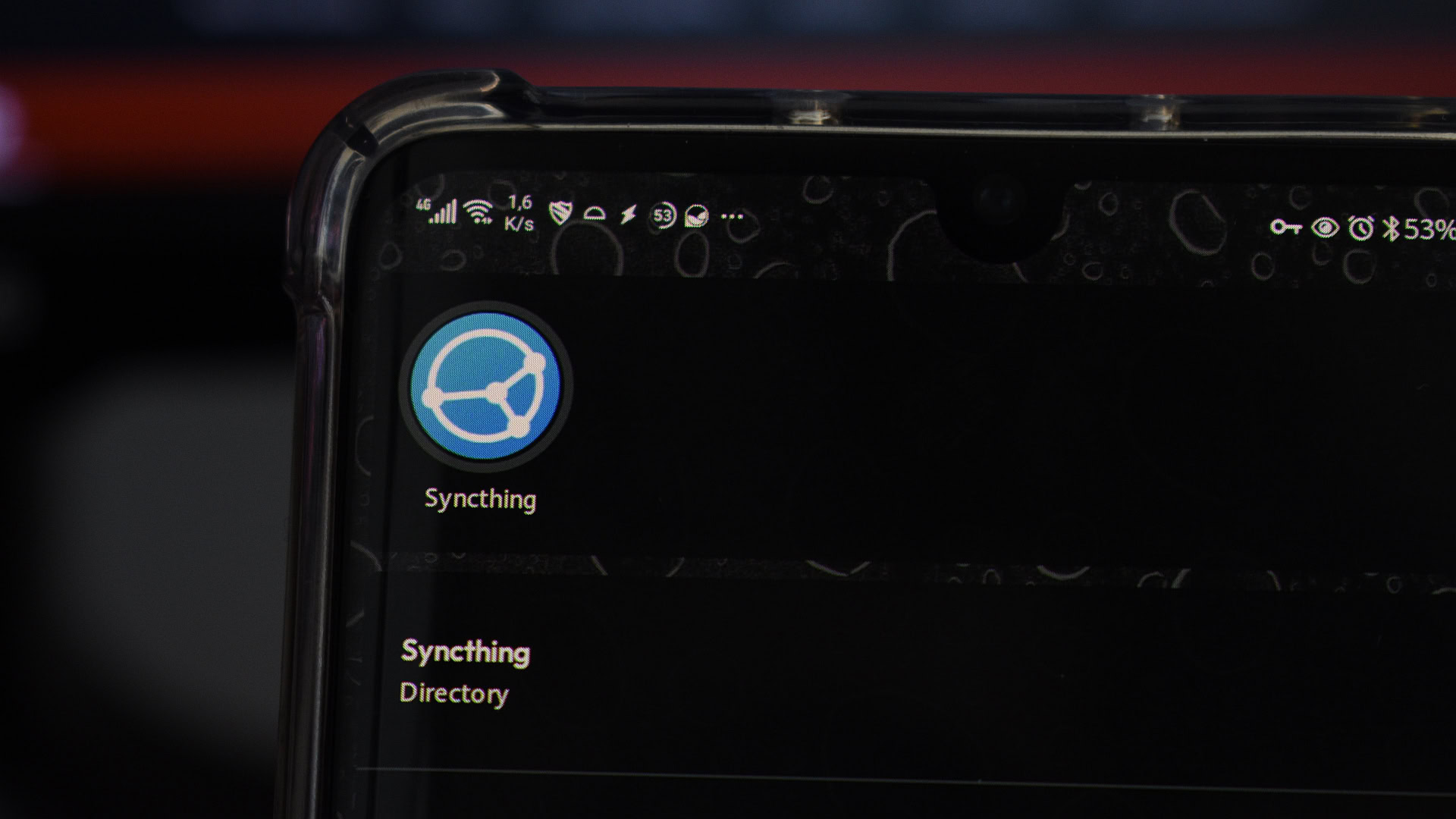
Andy Walker / Android Authority
If you constantly tote your laptop alongside your phone, why not use the machine as a Google Photos alternative? I particularly love Syncthing to keep folders on my Windows PC congruent with my Android smartphone, which works particularly well for cross-platform apps that don’t have free file syncing systems. I’ve previously used Syncthing to sync a folder of edited photos on my PC to my phone. Why not use it in the other direction?
In theory, this arrangement is possible. In reality, it’s impractical. As mentioned in the previous section, I have over 11,000 photos on my Google Photos account. Using my PC as a Photos alternative is not sensible, especially as I’d likely need a third platform for off-site backups. There’s also the risk that Syncthing bugs out (something I’ve found often happens on my network) and doesn’t launch on Windows when needed.
It’s a great solution for keeping smaller folders with a few files synced, but it’s not a Google Photos alternative.
Synology Photos
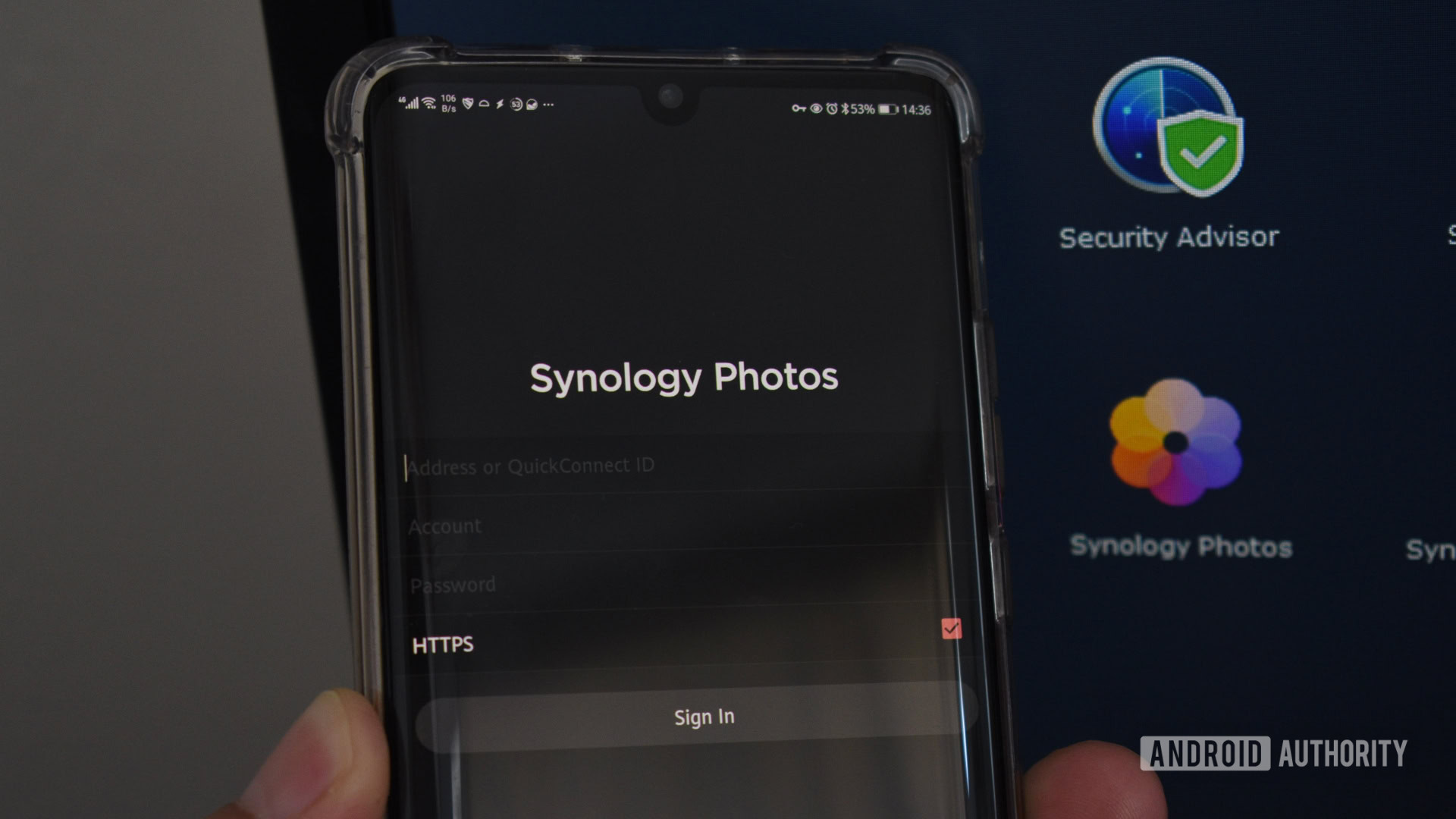
Andy Walker / Android Authority
Jumping off the Syncthing suggestion, I considered what appears to be a far more sensible suggestion: self-hosted options. These involve running a full Google Photos alternative — the app, backup system, and storage — on your home device. This device could be an old PC, a dedicated NAS, or a server. As you own the system and the storage, you have more control over your files and how to share and access them. Some services also offer pretty advanced features now, including AI-powered smarts.
I don’t have a mature home network. A rather underpowered Synology DS119J with a 90% full 4TB drive sits underneath my desk. You can probably extrapolate that running a full-blown Photos alternative at home isn’t viable for me. However, I do need to add storage in the future and perhaps upgrade the server itself, so self-hosted is an avenue I’d like to consider.
Synology Photos seems a great solution, but my lower-spec NAS can't handle its and my demands.
Nevertheless, one of the options readily available to me is Synology Photos. It’s probably the easiest way to set up a self-hosted Google Photos alternative, at least for those with one of the company’s storage products plugged into their network. You will need a server running DSM 7 to install the app on your NAS, but once that’s complete, download the Android app, and it’s as simple as logging in with your NAS user credentials.
Sounds simple? Not quite. I ran into several problems. I couldn’t log in to the app through my phone, and it constantly threw up failed connection messages. Loading times are also atrocious; you’ll need a pacier NAS to maximize the service’s performance. My DS119J is great as an idle file server, dishing out the odd Word doc when I need it, but it’s not swift enough to support the processing, loading, and organization of thousands of photos.
You’ll also want a NAS with multiple drives. If it’s the only place you plan to house your years of photos, you better have some redundancy built in. As a result, Synology Photos isn’t quite right for my environment.
Other self-hosted options
Robert Triggs / Android Authority
Beyond Synology Photos, there are a plethora of self-hosted options available.
In an article last year, my colleague Robert Triggs investigated one of the potential Google Photos alternatives, Immich. While it displayed oodles of promise and even includes AI add-ons if that’s your thing, it requires a fairly beefy PC to make the most of it.
Plex Photos is another Google Photos alternative from a well-known stable. As its name suggests, it relies on your Plex infrastructure for backups. It’s not beginner-friendly, and due to its early development stage, it lacks the functionality offered by Immich.
Ultimately, self-hosted solutions have a learning curve that users must be willing to scale and require additional hardware to run. Google Photos demands neither.
Why Google Photos is still the best photo storage option for me
Ryan Haines / Android Authority
Unlike my experience with Google News, I don’t have a problem with Google Photos. It’s easy to use, doesn’t require constant micromanagement, and comes baked right into Android, making it the obvious choice for those who want a ready-to-go photo backup platform. Then there’s the plethora of organizational features it offers, in addition to AI smarts and the links it shares with other Google products.
I believe that you shouldn’t fix what isn’t broken. Why would I reach for an alternative that doesn’t yield the benefits of my current solution? Some options may offer genuine benefits over Google Photos, but none I mentioned is as polished, seamless, or reliable. I know many users who love to tinker and build their own solutions would argue with me here, but general users no doubt opt for the path of least resistance. For Android users, that path is Google Photos.
Why reach for an alternative that doesn't yield the benefits of your current solution? That's the spot I'm in with Google Photos.
It might demand a monthly fee to accommodate larger libraries, but considering that I share the 200GB $2.99/month Google One storage option with my partner and store more than just images on that plan, it’s not a steep investment. I pay for the flexibility and convenience.
While I’d like to recommend another service for storing your photos, I can’t. Google Photos is the best solution for Android, at least for now.

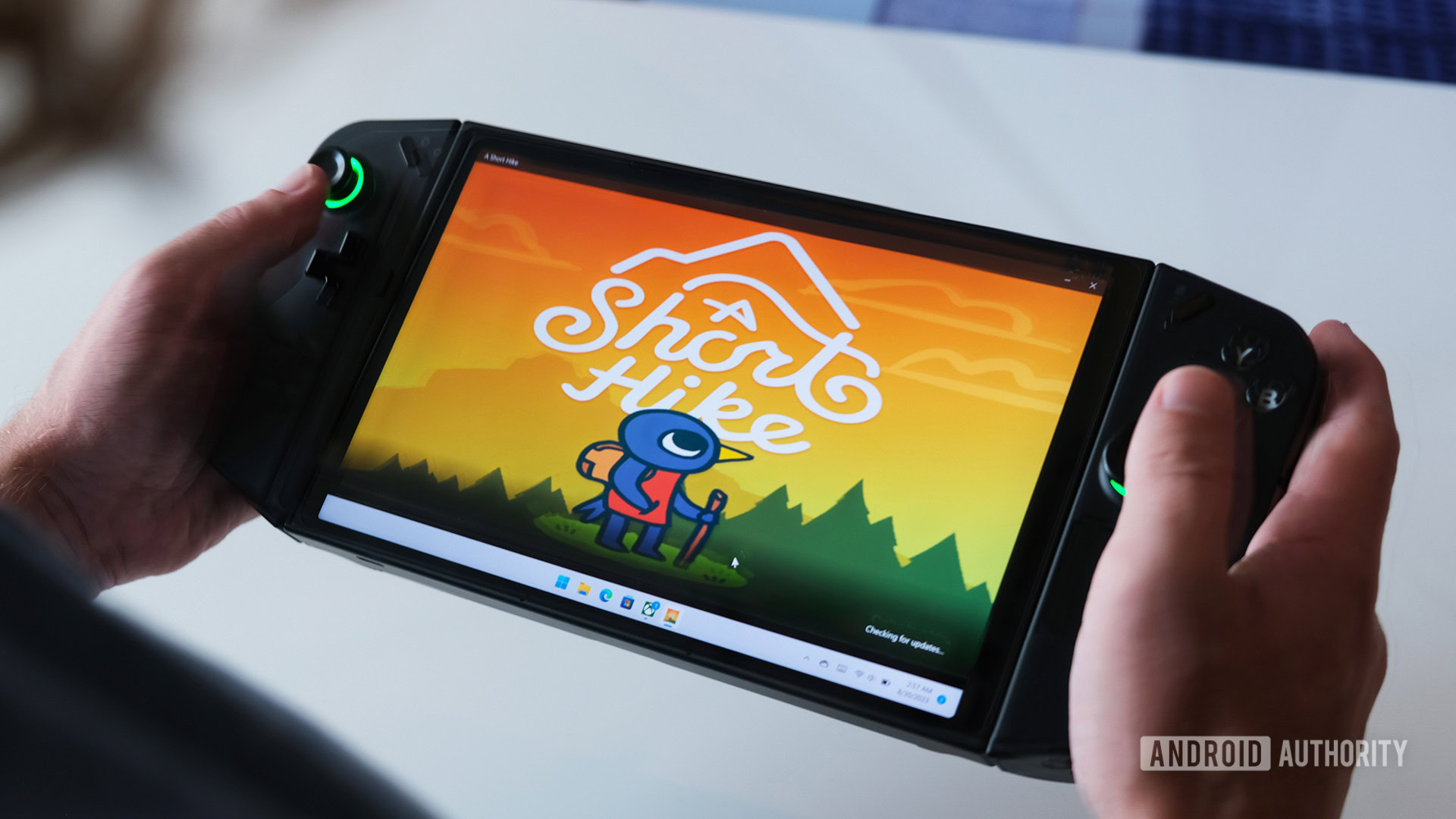
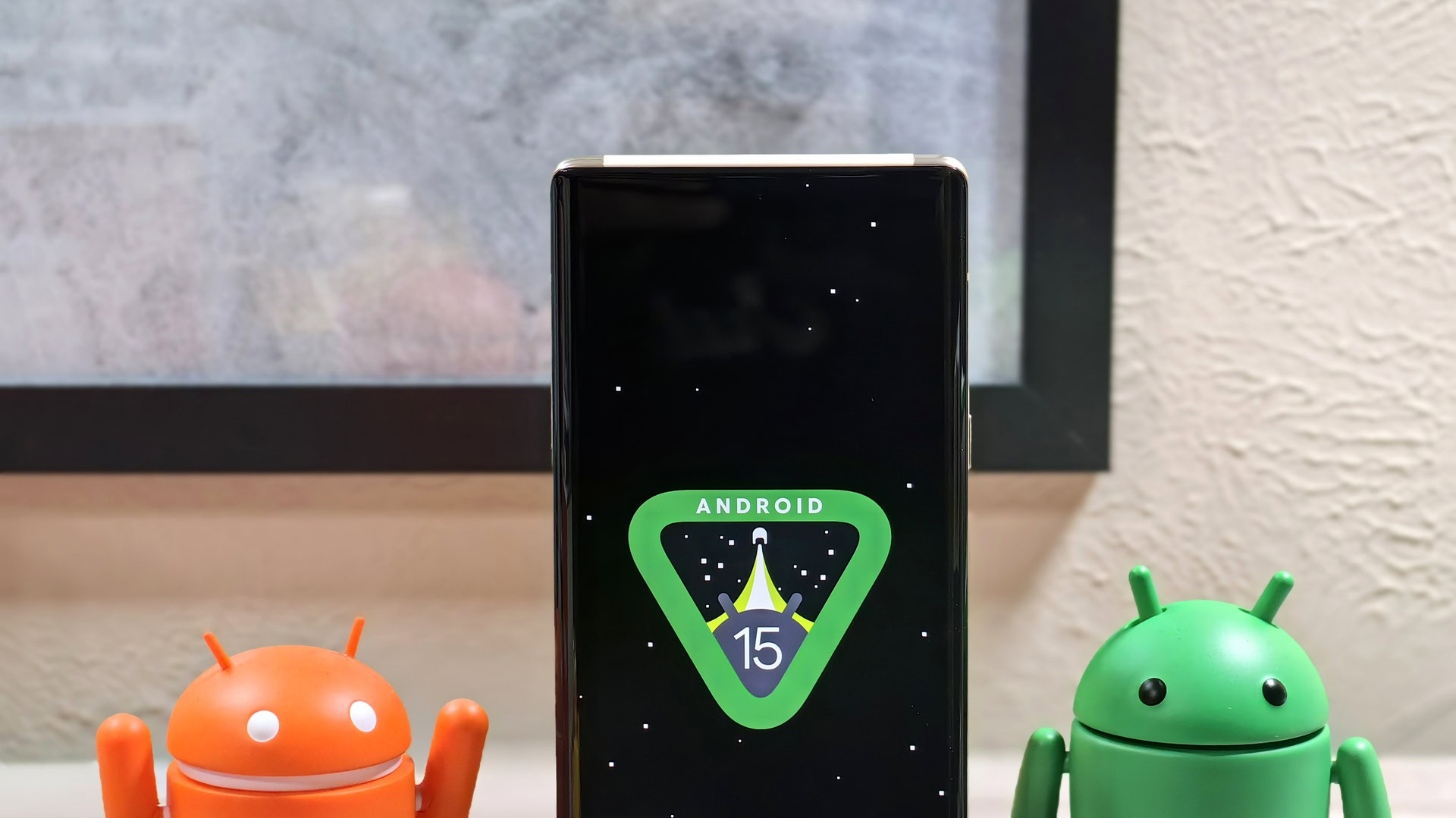
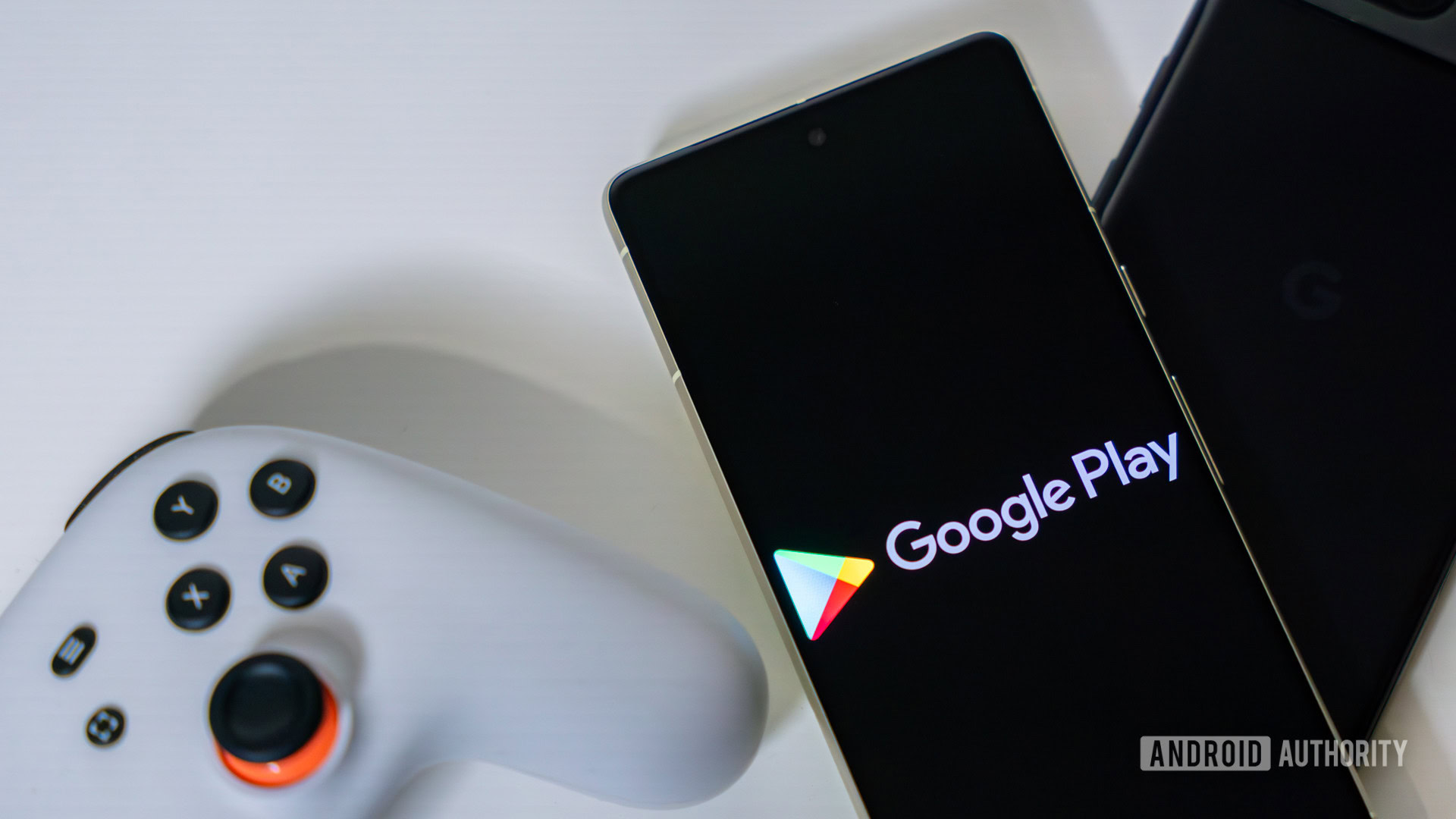




 English (US) ·
English (US) ·